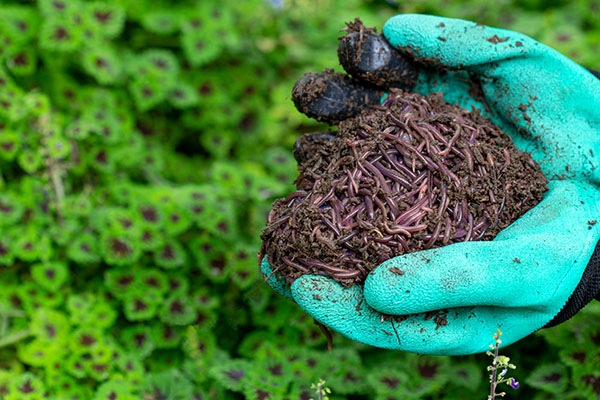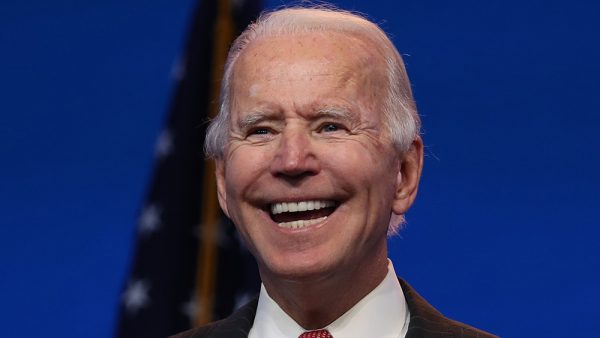 Parler
Parler Gab
Gab
Disrespecting the dead by turning them into soil
The way it works is funeral providers create a vessel for the deceased person lined with organic materials such as straw and woodchips. After the body is placed inside the vessel, it is covered with a compostable blanket and more organic material before being sealed and allowed to sit for up to six months. After half a year has passed, the remaining "soil" is given to the family of the deceased to do with it as they wish, which may include creating a garden out of it. The entire process costs around $6,000, which is much less than traditional burial services. "There is something in us that wants to return to the earth," said Micah Truman, CEO of terramation provider Return Home, who profits from composting people. "When we're done, we have a material that can then be used to restart the life cycle." Many religious groups, including those of the Roman Catholic denomination, oppose terramation because they see it as disrespectful to human life. "A process whereby human remains are composted and scattered 'in a designated scattering garden or area in a cemetery' fails to sufficiently respect the dignity due to deceased," commented the New York State Catholic Conference in a statement. A Tucson.com report explains that, at least in Washington state, most people who compost their loved ones end up donating the remaining "soil" to groups that spread it on "private protected forest land," including on Bells Mountain near Vancouver, Washington. One company that has already composted around 40 people with 700 more on the list says the soil remains for each dead body is enough to fill a standard pickup truck bed. Since there is a lot of money to be made from this "alternative" to traditional burial services, entrepreneurs with no conscientious objections to such a process are eagerly setting up businesses to entice more people to compost their loved ones. "This has been great because it brings more diversity into the conversation," said Julie Evans, executive director of Tucson's Casa de la Luz Foundation, which has been putting on presentations about human composting that are open to the public. Other states are now eyeing the passage of similar legislation to allow human composting within their borders. The failing West, which no longer values human life, is a lost cause. Learn more at Collapse.news. Sources for this article include: ThePostMillennial.com NaturalNews.com Tucson.comU.S. to sanction Iran but refuses to sanction Israel for genocide
By Cassie B. // Share
Here’s what REALLY happened on October 7 (hint: Israel is LYING)
By Ethan Huff // Share
Alleged Russian hackers stole email conversations between Microsoft and U.S. federal agencies
By Richard Brown // Share
Governments continue to obscure COVID-19 vaccine data amid rising concerns over excess deaths
By patricklewis // Share
Tech giant Microsoft backs EXTINCTION with its support of carbon capture programs
By ramontomeydw // Share
Germany to resume arms exports to Israel despite repeated ceasefire violations
By isabelle // Share










